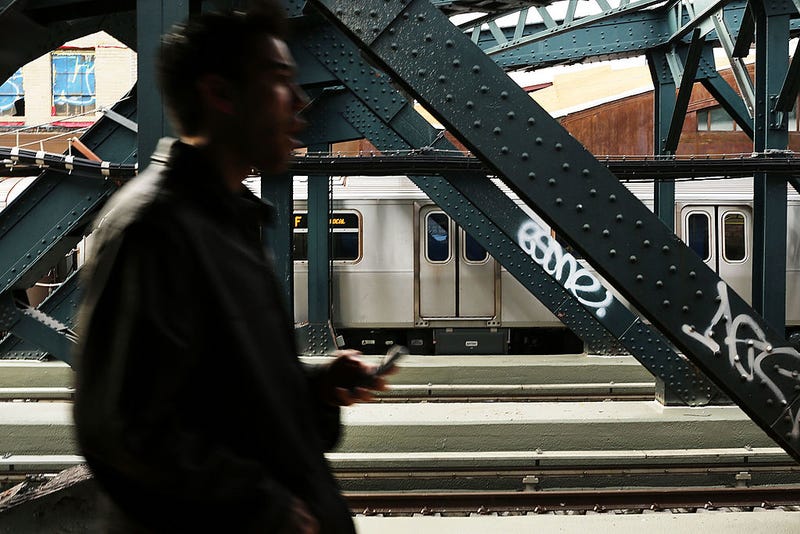
NEW YORK (WCBS 880) -- Despite getting billions in federal aid, the MTA’s financial outlook is still filled with question marks, according to a new report from state Comptroller Thomas DiNapoli.
The $15 billion the MTA got from Washington since the beginning of the pandemic has helped it mask some financial concerns, the report said.
“But that money will not last forever. We don’t know how much more we’ll be getting,” said DiNapoli.
DiNapoli said some tough decisions could be just around the corner, and that the MTA might face a deficit as soon as 2025, calling the position "precarious" and urged officials to move quickly in looking at challenges it faces.
"The issue of using debt, you know, to plug some of these gaps, that's a concern as well because going into the pandemic phase, the MTA already had a very, very high debt burden,” said DiNapoli.
The report said if people work from home next year on average 1.5 days per week, revenue could exceed expectations by $300 million — but if that number jumps to 3-4 days, those numbers will be a half-billion below what’s hoped.
DiNapoli was also highly critical of the agency’s transformation plan, which resulted in significant job cuts in operations and maintenance, but less so for administrative roles. 84% of jobs eliminated were in the operations/maintenance sector.
"So you want ridership to want to return and to feel they can count on the MTA, and people have a lot of question marks about that right now,” he said.
And ridership returning to where it once was is another big concern. Projections indicated it could take years for that goal to be reached. The latest figures show ridership only around 50% of 2019 levels.
“There are a lot of question marks as we head into the next couple years about the ability of the MTA to have its budget be in balance, and provide the kind of service New Yorkers expect,” said the comptroller.
And due to understaffing, meeting service has been an issue, DiNapoli said. Weekday subways delivered just 89% of scheduled service this August, down from 96% from the year before.
DiNapoli also touched on protection against extreme weather as something the MTA must aim to deal with, or face issues that could “harm the regional economy.”
Something that could help the agency is the passing of Congress’ infrastructure bill, but that is not guaranteed.
MTA spokesperson Aaron Donovan responded to the report, saying, “Predicting the pace of post-pandemic ridership recovery is difficult, but as revenue levels emerge and stabilize all stakeholders will need to evaluate strategies to address the deficit created by COVID’s impact on MTA farebox revenues. For its part, the MTA will continue to identify cost efficiencies while aligning service to meet public needs.”


